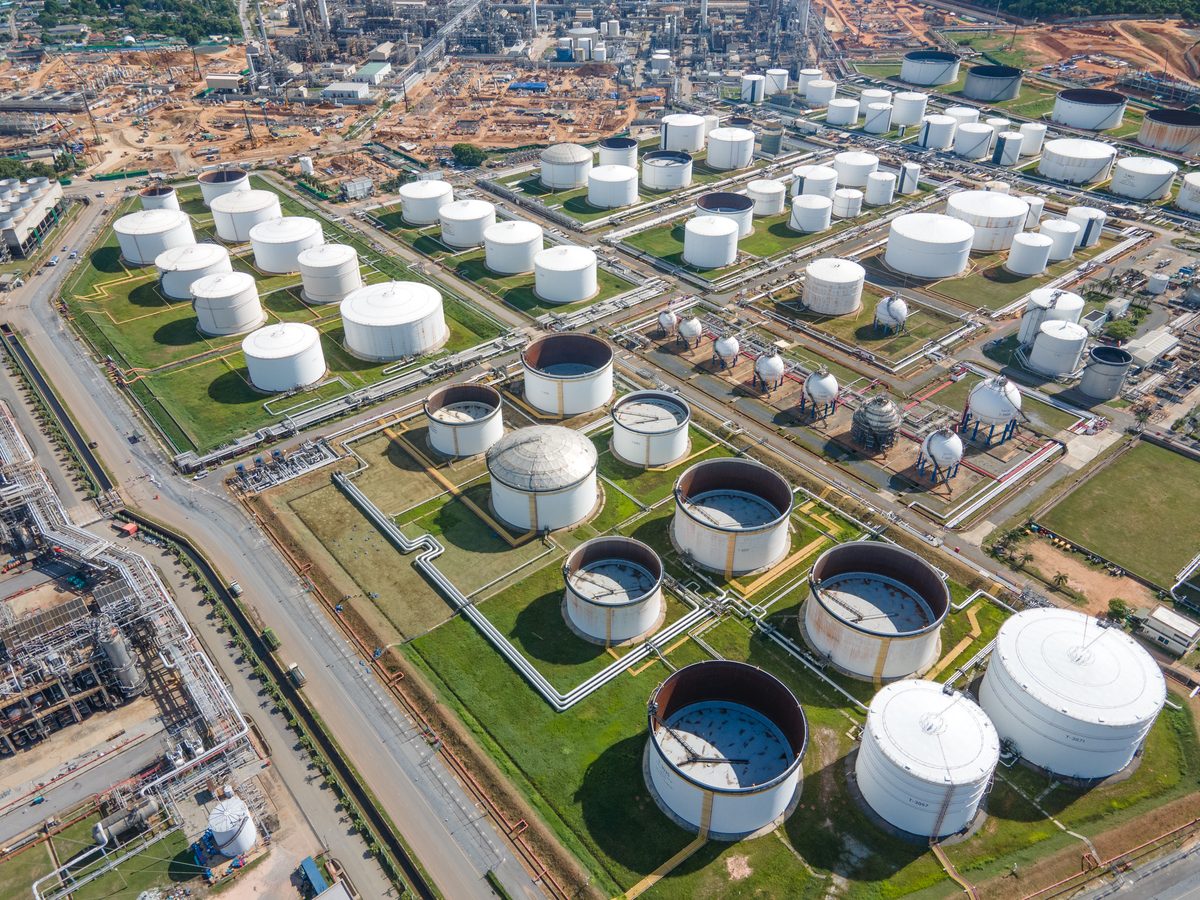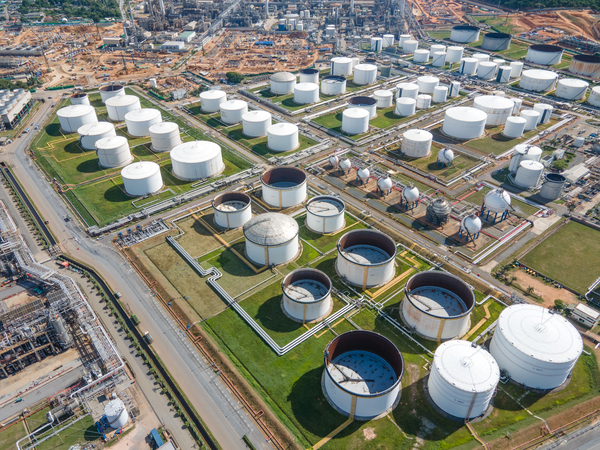Brent set for weekly rise on market optimism over China reopening
Front-month ICE Brent has declined by $0.88/bbl on the day, to $86.50/bbl at 09.00 GMT. But the futures contract is heading for a 3% increase over its settlement level last week amid growing prospects of China loosening its Covid-19 restrictions.
 PHOTO: Getty Images
PHOTO: Getty Images
Upward pressure:
Crude prices have been supported by heightened expectations that China could relent to public pressure and loosen up some Covid-restrictions. In light of the recent widespread protests and public outrage, the country is planning to cut back on some restrictions on movement and mass testing over the coming days, Reuters reports.
EU member nations tentatively agreed yesterday on a $60/bbl price cap on Russian seaborne oil, according to Wall Street Journal reports. A $60/bbl would still be $5-10/bbl lower than what was originally proposal.
The EU embargo on Russian crude imports is due to kick into effect from Monday, along with the price cap by G7 nations. Some EU member nations including Poland, Lithuania and Estonia have advocated for a price cap of $30/bbl, arguing that this would be closer to Russia's production costs. But a low price cap would provoke severe retaliation from Russia and may further drive crude values higher, says Energy Intelligence.
The recent measures by the EU and G7 are expected to prohibit shipping, insurance and re-insurance companies from handling Russian crude cargoes, unless they are sold below the decided price cap set by the G7 and its allies. In a counter to this, some Russian officials assert that insurance companies in Russia can provide shipping insurance services that are up to international standards. But major Russian crude buyers such as India and China have yet to fully recognise Russian insurance of maritime cargoes.
Several market participants also question whether there are sufficient non-western vessels, including ice-breaker vessels, to maintain a steady flow of Russian crude exports.
Downward pressure:
OPEC+ is largely expected to rollover its current production agreement when members states meet virtually on Sunday, Reuters reports, citing comments from OPEC+ diplomats. The group decided in October to reduce production quotas by 2 million b/d.
“The meeting is much likely to be strong on words but not on actions,” Saxo Bank says. Before announcing any further production cuts, OPEC+ will need time to evaluate the impact of the EU embargo on Russian oil, which begins next week, adds Saxo Bank.
Optimism around China’s willingness to ease certain Covid-19 restrictions would allow OPEC+ to hold back further production cuts, ANZ commodities strategist Daniel Hynes says.
By Nithin Chandran
Please get in touch with comments or additional info to news@engine.online






